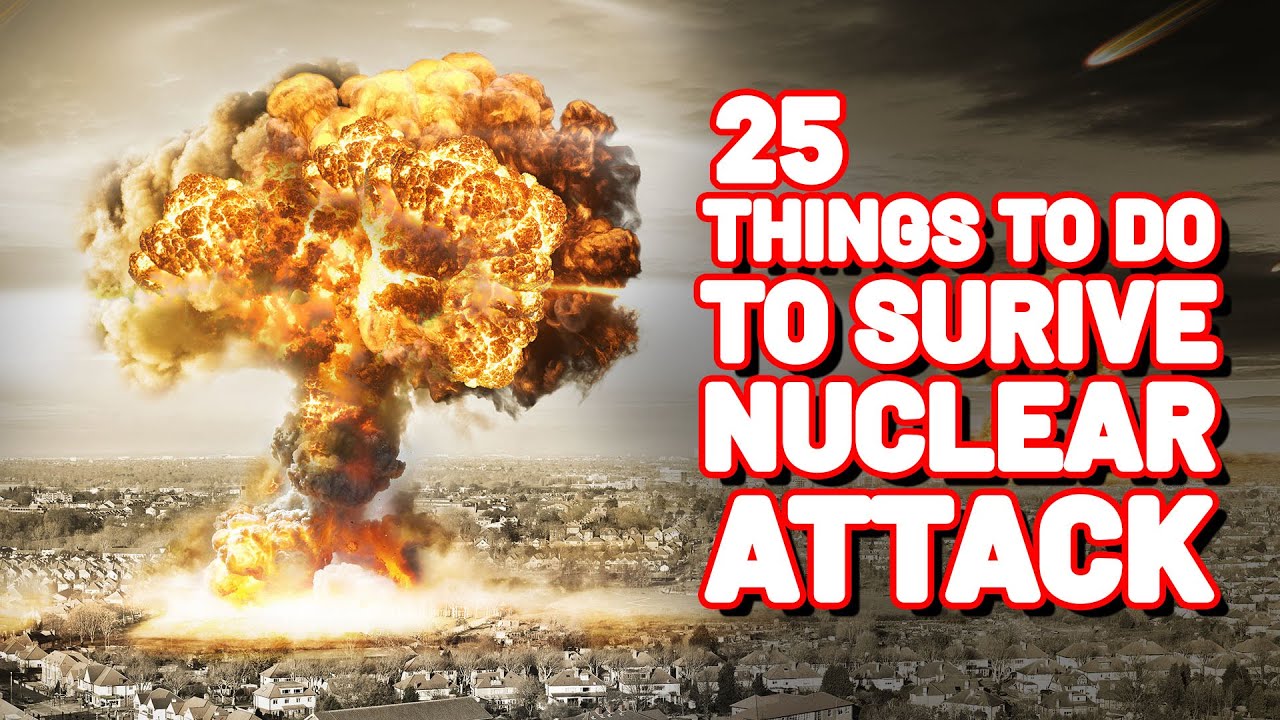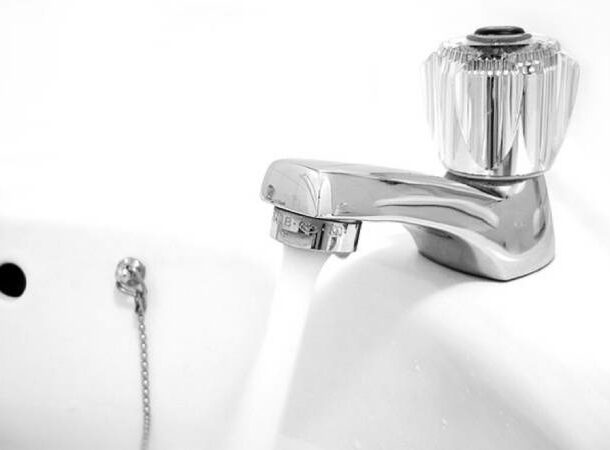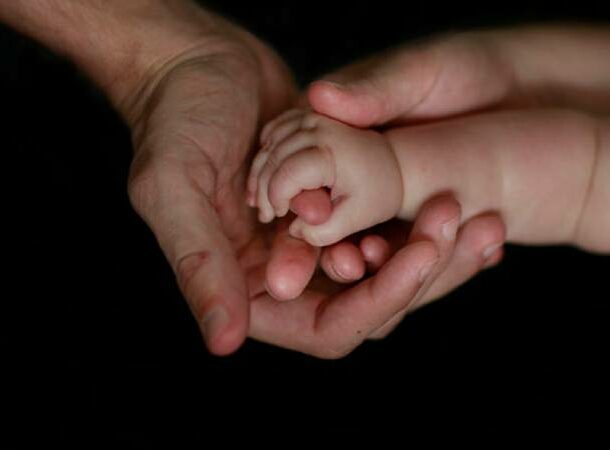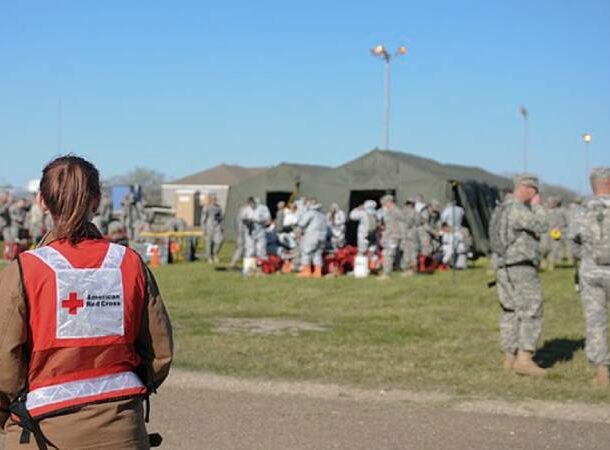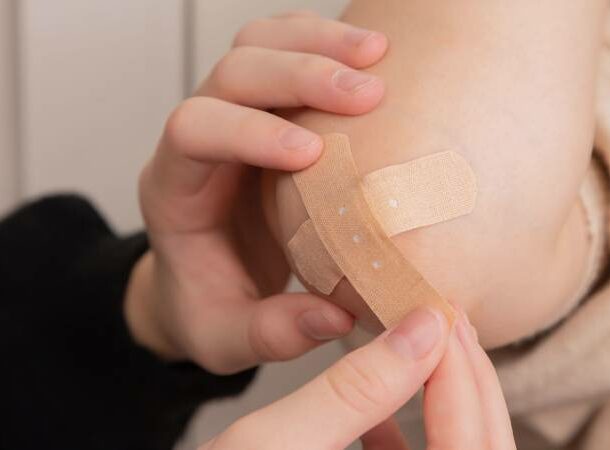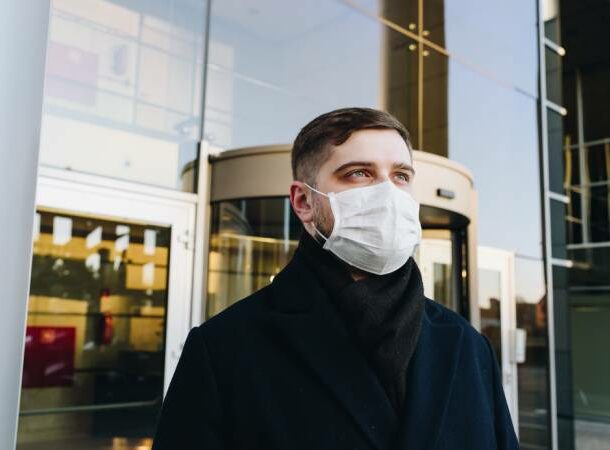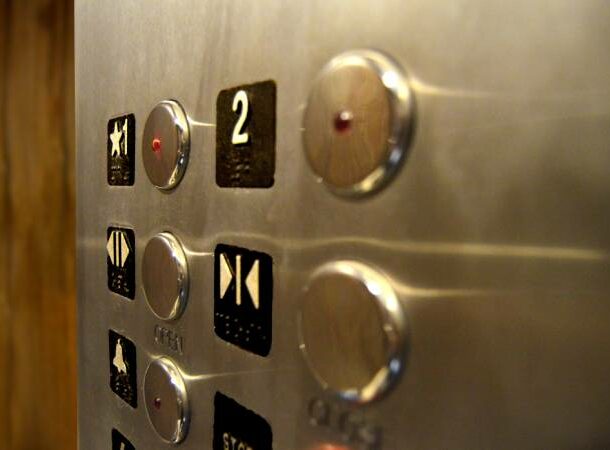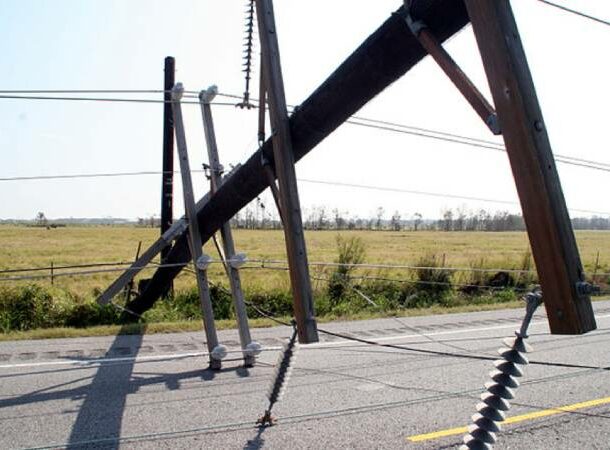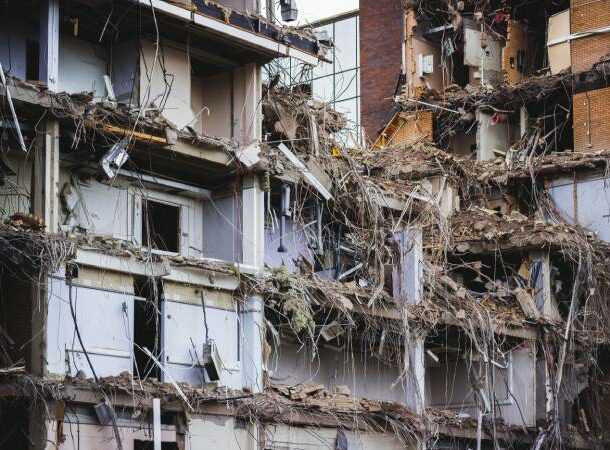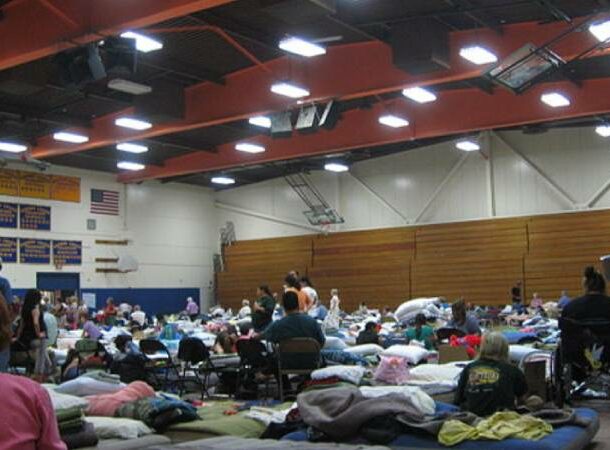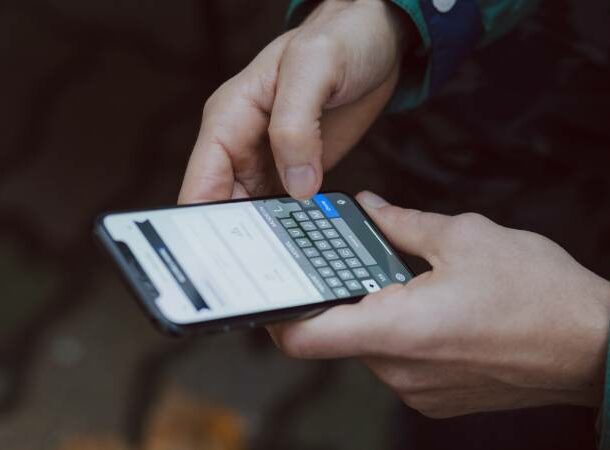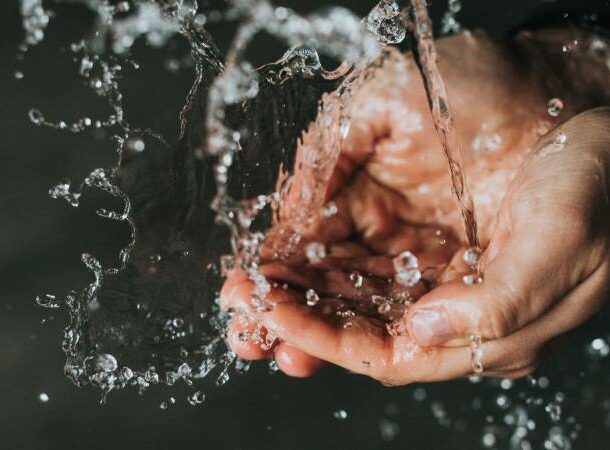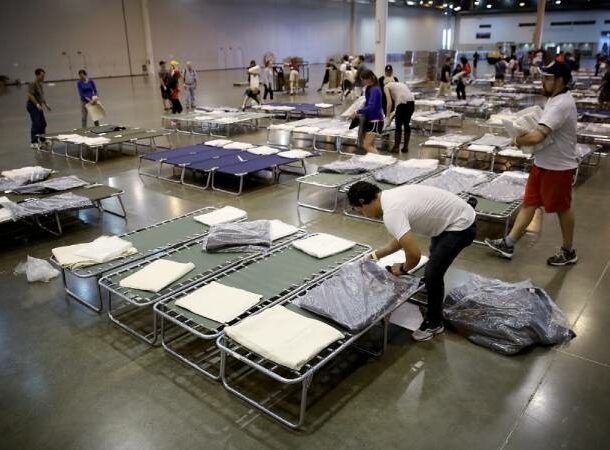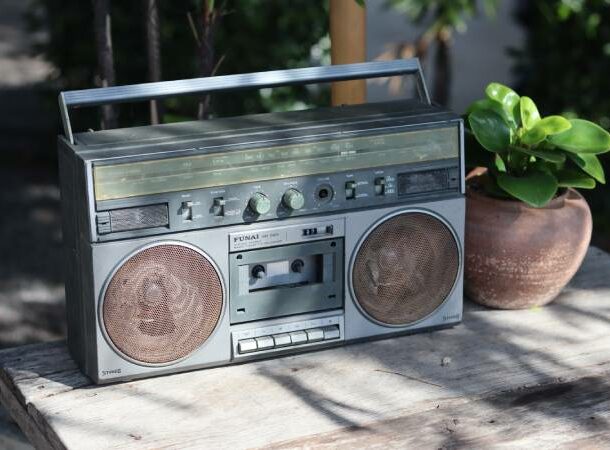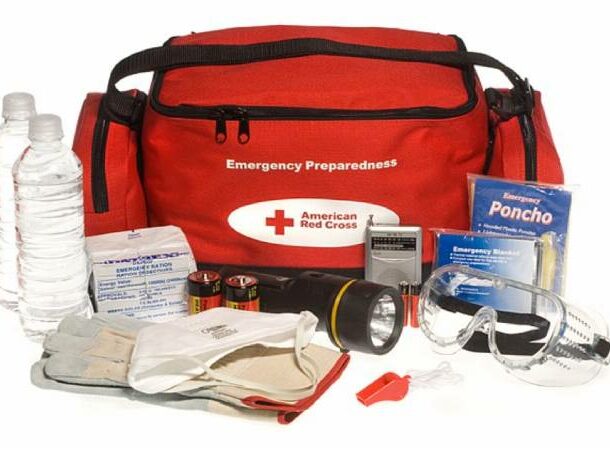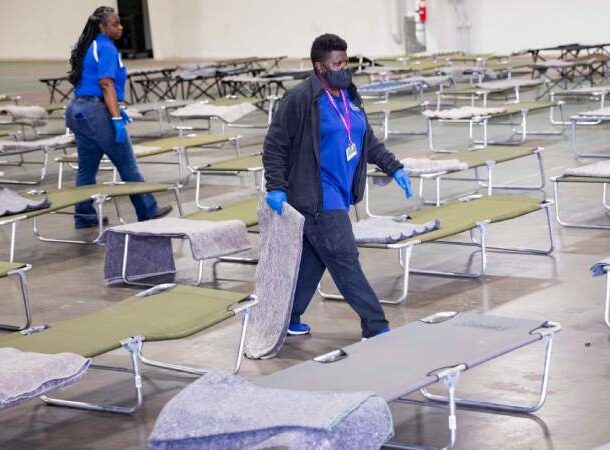And we’re not here to instill fear in you but to entertain and teach you a thing or two about the end of the world and how to prepare for it!
Here are 25 Things You Need To Do To Survive A Nuclear Attack
Moreover, don’t wash your hands or face with contaminated water. Wait until they are declared safe. Suppose you are separated from your family or support group during a nuclear attack. In that case, you should try to find a safe place to shelter and follow the instructions of local authorities and emergency responders. If possible, you should try to make contact with your loved ones to let them know you are safe and to find out if they need any assistance. It is important to keep such a list with you at all times in case of a nuclear attack or any other catastrophe or natural disaster. Do not rely on rumors or information from untrustworthy sources, as it may not be accurate and could potentially put you in danger. Medical advice can come from a variety of sources, including doctors, nurses, pharmacists, and other healthcare professionals. Wounds can become infected if they come into contact with bacteria or other contaminants, leading to serious health problems. If you cannot properly clean and treat your wound, or if the injury is severe, you should seek medical attention as soon as possible. If you need to cross a flooded area, you should try to use a bridge or other elevated structure if available. If you must walk through the water, you should try to stay as dry as possible and avoid swallowing or coming into contact with the water. If the elevator is not functioning, you should stay inside and try to use the emergency call button or intercom system to call for help. Use a private vehicle if possible. If you do not have access to a personal vehicle, you may need to walk or use other forms of transportation, such as a bicycle. If you are in a damaged building when a disaster happens, you should try to evacuate safely as quickly as possible. If you cannot leave, you should go to a room on the lowest floor, away from windows and exterior walls, and take shelter until it is safe to leave. It is important to remember that a nuclear attack is a very serious and potentially catastrophic event, and you should follow the instructions of local authorities and emergency responders to stay as safe as possible. You should not use your phone unless it is absolutely necessary, as it could potentially overload the phone network and make it difficult for emergency responders to communicate. If you need to use your phone during a nuclear attack, you should try to make brief calls to check on the safety of loved ones and to report any injuries or other urgent needs. Washing after a nuclear attack would be best to remove radioactive material on your skin or clothing. This can help reduce the radiation you are exposed to and protect your health. If you do not have access to water, you should try to wipe your skin and hair with a wet cloth or sponge to remove as much radioactive material as possible. Once you have found a safe place to shelter, you should remove your clothing and place it in a sealed bag or container to prevent the spread of any radioactive material. Being indoors during a nuclear attack is generally safer than being outdoors, as it can provide some protection from the initial blast and radiation. However, it is important to remember that a nuclear explosion is a very serious and destructive event, and there is no way to protect yourself from the dangers it poses altogether. Follow local news outlets on social media platforms: many local news outlets have a presence on social media platforms such as Facebook, Twitter, and Instagram. By following these accounts, you can stay updated with the latest news from your community. If the Internet is down, listen to local radio stations: many local radio stations will provide news updates throughout the day in case of a nuclear attack. Having an emergency supply kit on hand is a good idea in case of natural disasters or other unforeseen events.
